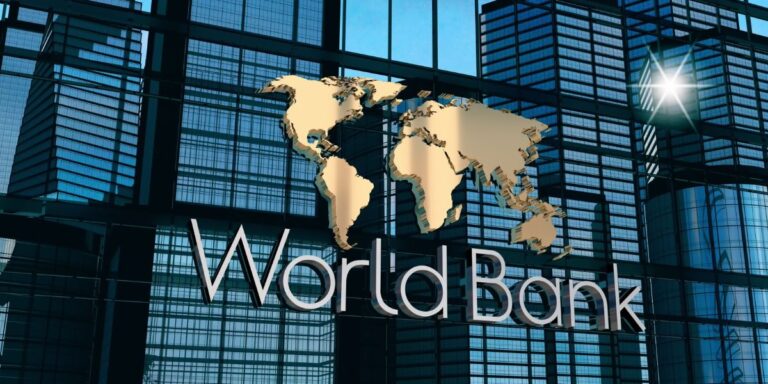By Atoyebi Nike
In a strong endorsement of Nigeria’s reform trajectory and improving investor confidence, the World Bank and the Bank of Industry (BoI) have unveiled a new development finance framework aimed at accelerating job creation, unlocking private capital, and strengthening financial inclusion across the country.
The initiative was announced at the second edition of the BoI Development Lecture Series held in Abuja, themed “Development Finance Imperatives: Rethinking Nigeria’s Path Forward.” The event drew senior policymakers, development finance leaders, and private sector stakeholders.
World Bank Country Director for Nigeria, Dr. Matthew Verghis, said the country is at a turning point, citing early signs of macroeconomic stability from ongoing reforms. He noted that easing inflation, rising reserves, and renewed industrial confidence show progress in fiscal discipline and policy consistency.
Verghis described Nigeria’s recent removal from the Financial Action Task Force (FATF) grey list as a “landmark signal of credibility,” adding that it reinforces investor trust and financial system integrity.
However, he cautioned that poverty and unemployment remain major challenges, emphasizing the need to channel reforms toward inclusive job creation and easier access to finance. “We are seeing progress in stabilization, but the purchasing power of citizens remains weak. To sustain reforms, we must focus on policies that drive jobs and access to finance,” he said.
The World Bank chief also announced new financing tools, including the $500 million Fostering Inclusive Finance for MSMEs (FIRM) Project, which aims to attract up to four times that amount in private investment. The project targets Nigeria’s $120 billion MSME financing gap through subordinated debt, investment funds, and credit guarantees.
BoI Board Chairman, Dr. Mansur Muhtar, called for deeper collaboration among public and private institutions to achieve sustainable growth. “At the Bank of Industry, inclusive and sustainable investment-led growth is not just a goal it is a necessity,” he said.
He added that Nigerian financial institutions must evolve beyond lending to become development catalysts supporting real-sector growth and innovation. “Development finance is about enabling businesses to scale, build capacity, and compete globally,” he said.
BoI Managing Director, Dr. Olasupo Olusi, emphasized that the Bank’s agenda aligns with President Bola Tinubu’s Renewed Hope Agenda, which seeks a resilient and inclusive economy. He described the BoI lecture series as a platform for shaping Nigeria’s financial reform direction and fostering new thinking around innovation and policy coordination.
Panelists at the event including representatives of AfDB, NEXIM Bank, and the Bank of Agriculture agreed that sustained reforms, policy stability, and private-sector-led investment are vital for Nigeria’s long-term growth.
